The play itself was delivered for the most part by actors portraying newsreaders, most of them spaced six feet apart. When not performing, they retreated upstage to stools where they waited for their turn. News reports and social media narratives were broken up by original scenes and monologues. No more than two actors played opposite one another at any given time, and there were only two such scenes. The lights bounced from speaker to speaker, shifting attention and perspective from one moment to another. Musical interludes separated scenes, and scenes were devised according to the progression of the pandemic.
Back to myself in the audience: This time I’m watching a public performance, a full week after I’d first watched that rehearsal and been struck by that moment of anticipation, that moment of theatrical magic when anything can happen. Anything is happening now. I’m watching Competent Authority, which is beginning with a series of news reports: the announcement of the first confirmed COVID case in country, the establishment of emergency orders, the institution of the curfew, the ravages of the lockdown.
I hear true stories, stories culled from Facebook and other websites, transcribed from video clips and reproduced verbatim. Through them, Ringplay’s artistic director, Philip A. Burrows, reconstructs the timeline of how we handled the COVID crisis. The stories push beyond the daily dashboard of illnesses, hospitalizations and deaths. He’s chosen tales that have what editors call human interest. Inspired in part by Tina Satter's Is This A Room, which he saw in New York, he’s inserted moments that were heart-stopping on their own, like the string of Facebook statuses outlining a bereaved daughter’s grief and anger. And when he couldn’t find the stories he needed, he wrote them: short exchanges, some of them bleak, others wryly funny.
These are presented by actors lit by strong, white overhead lights so that their faces are stark; partly illuminated, partly in shadow. The chiaroscuro of their presentation parallels the pandemic itself: the darkness, absurdity, and deaths alongside the levity of certain moments and the kindness of others. When the action moves into real narrative—in moments of monologue or dialogue—it moves center stage into a softer, more human light; a more golden wash that allows the whole person to be seen. There is a rhythm to the production that works like a pendulum swinging, first this way, then that, which takes us back to the vacillations of the pandemic itself and the way in which we dealt with it.
It’s a hard show to watch. The audience—who may have been attracted by the title as much as by the idea that at last, at last, they could come back to see theatre—has to work to absorb it all. The news reports go by quickly, delivering facts and figures that don’t fall easily upon the watchers. Some of the scenes are shocking in their starkness—like the story of the young man who was arrested for selling coconuts to feed his family or the story of the woman whose mother caught COVID and died after being admitted to the hospital for emergency treatment. Other scenes take grand leaps to make connections, like the piece about the Dutch practice of cow hugging. And Erin Knowles-McKinney, the director, has provided no cushions against these moments. The cast has been directed to deliver them without room for relief.
Competent Authority was devised to document the pandemic from the moment Bahamians noted its arrival up to the day of the performance. It was no longer a satire or a farce, but a docudrama.
Some people get lost. Some fall asleep. And some surreptitiously glance at their phones. But what surprises me is how much of the audience doesn’t do any of these things—how the word of mouth spreads, and houses go from sixteen bookings on Monday evening to a sold-out performance of sixty seats on Saturday. Some people come back again and again—one person three times, maybe four, and others two or three times. The show is striking a nerve.
There’s a thing about theatre in The Bahamas. We have no industry. We work for free, for food, for stout, for stipends. For love.
Because we need it.
Because there is something inside us that makes us return again and again, after hurricanes and in the ebbing pandemic, to a stage that exists only by the force of a few people’s will. To a theatre that occupies a building that was left in trust “for the Bahamian people” but which was established expressly to train those Bahamian people how to be the best servants a European could ever want.
We have no industry, but theatre gets made anyway.
We have no industry, I’m convinced, because the triple legacies of genocide, enslavement, and colonial rule, coupled with the peculiarities of our own British-Bahamian iteration of white minority rule—a mash-up of apartheid and Jim Crow without the evidence of specific legislation—determined that most of us are not really human anyway, and theatre is a terribly humanizing endeavour.
You could say that Ringplay Productions is fortunate. We inhabit a beautiful property. We manage a colonial building that—being sturdy as a jail and taller than the courthouse—made a better theatre than the civic (read: training) center it was built to be. But pretty much the only money we have to run it comes from the money our theatrical productions raise. The lockdown—the full eighteen to twenty months of it—“almost killed” us, as one of the speakers in Competent Authority says. To be performing again and to be performing in our buildings—never mind that the termites took hold during the lockdown and the rats have returned—is a little triumph all its own.
And so: Competent Authority. It’s our critique of the pandemic that almost killed us. It’s our very own song of ourselves.

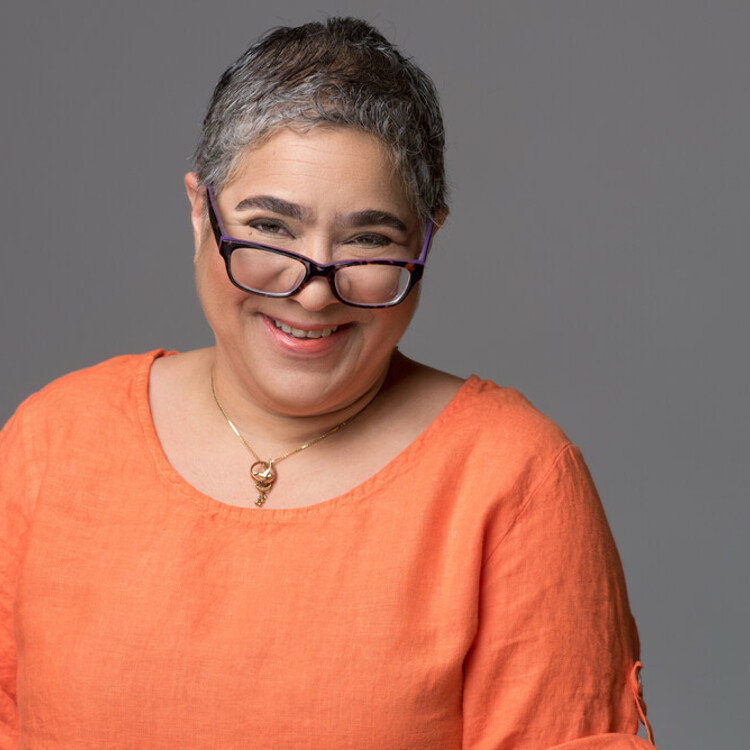
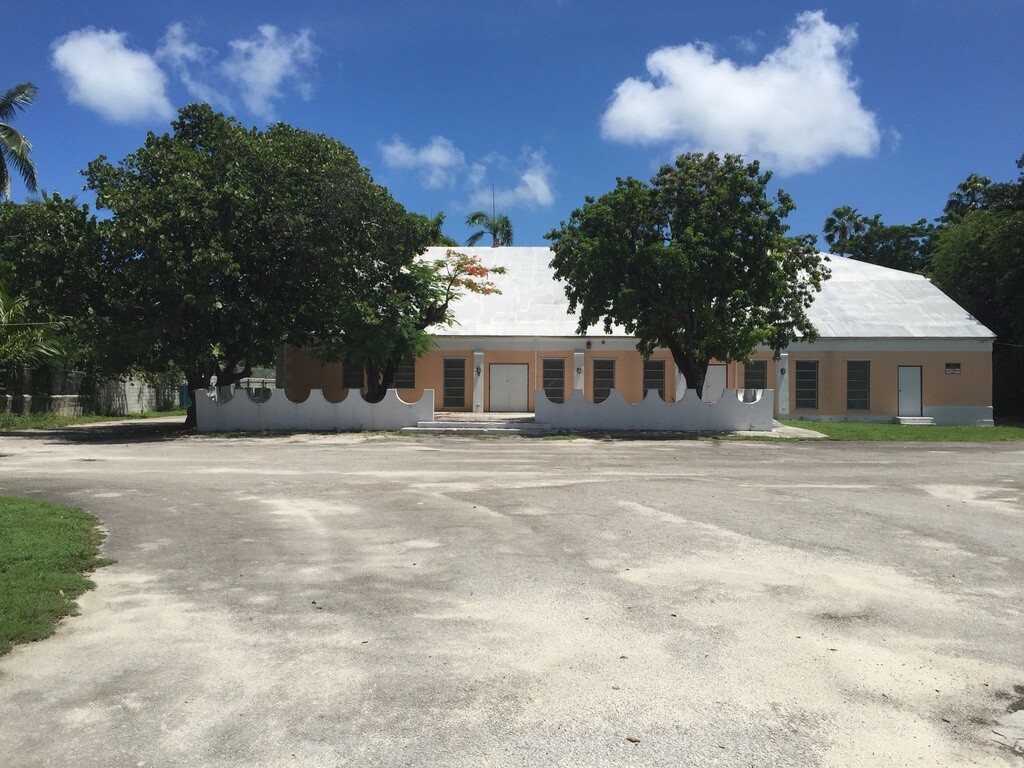
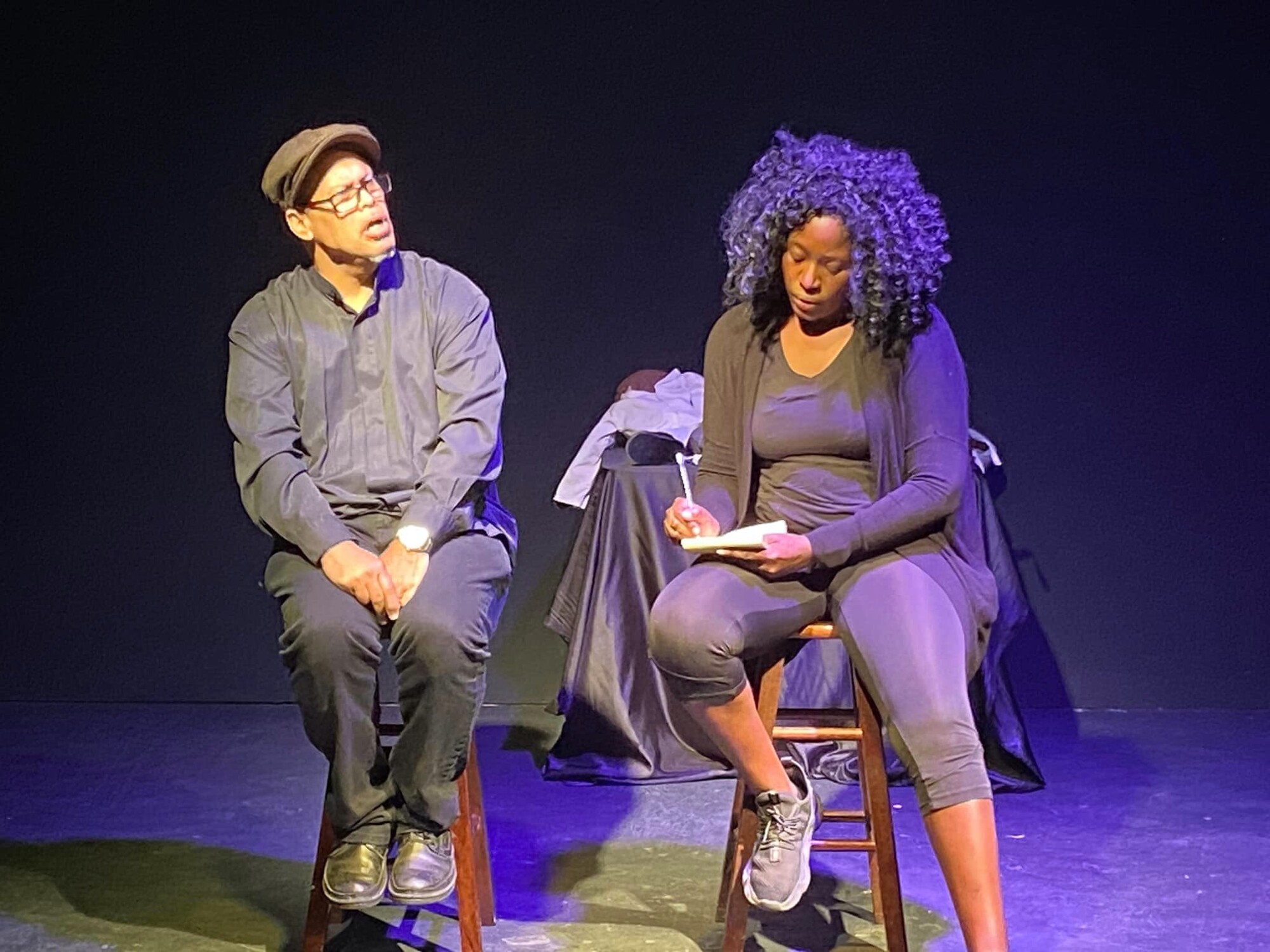


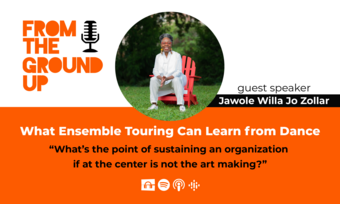


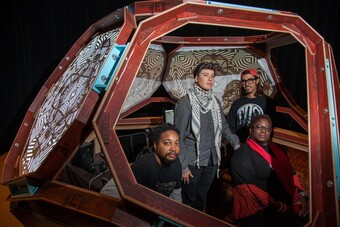


Comments
The article is just the start of the conversation—we want to know what you think about this subject, too! HowlRound is a space for knowledge-sharing, and we welcome spirited, thoughtful, and on-topic dialogue. Find our full comments policy here
A powerful reflection on a compelling production as well as the challenges, determination, and joys of producing live theatre under difficult circumstances. If you find yourself in Nassau, you would be well served to see a show produced by Shakespeare in Paradise/Ringplay Productions. They do important, entertaining, and professional work. Support them.